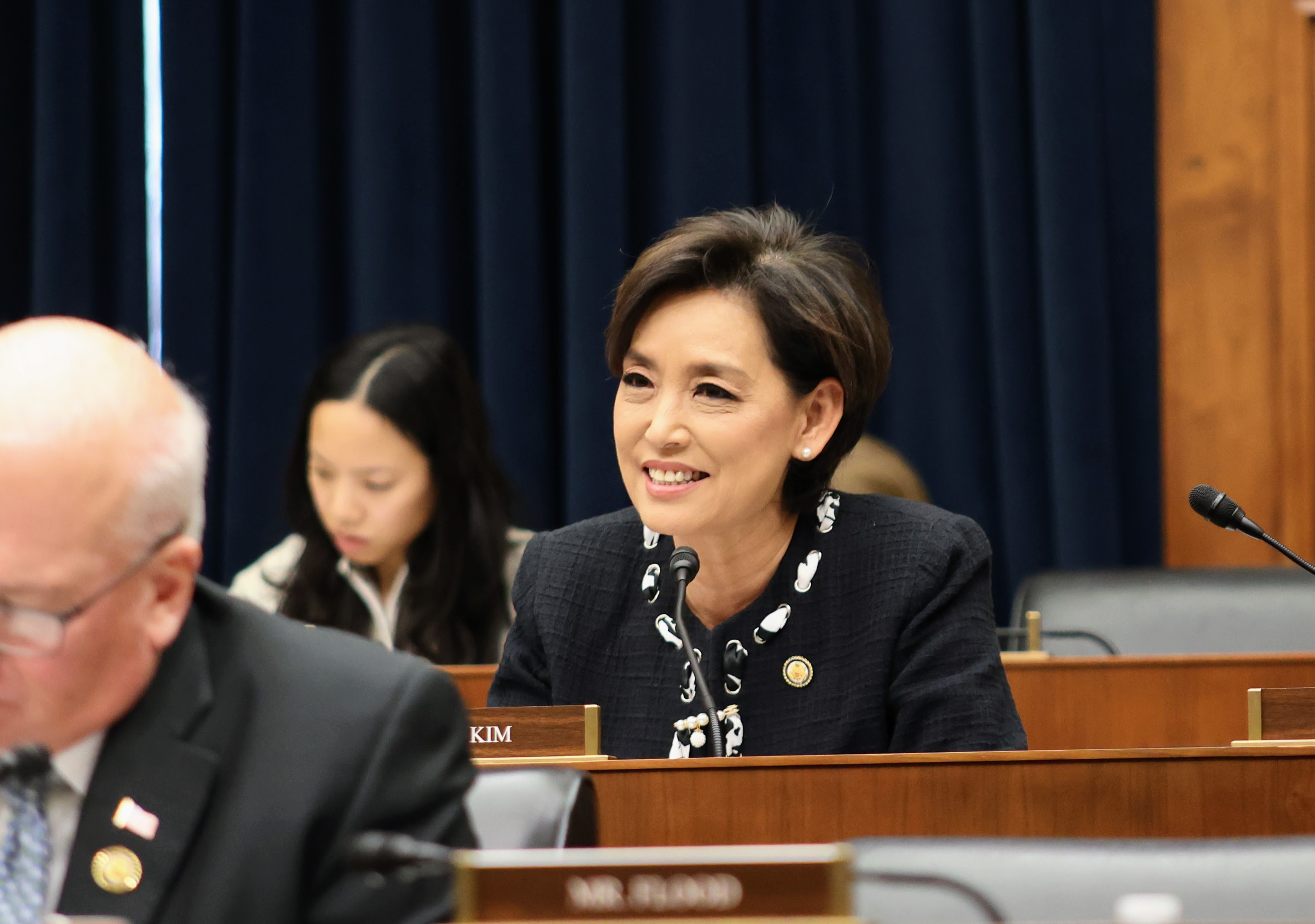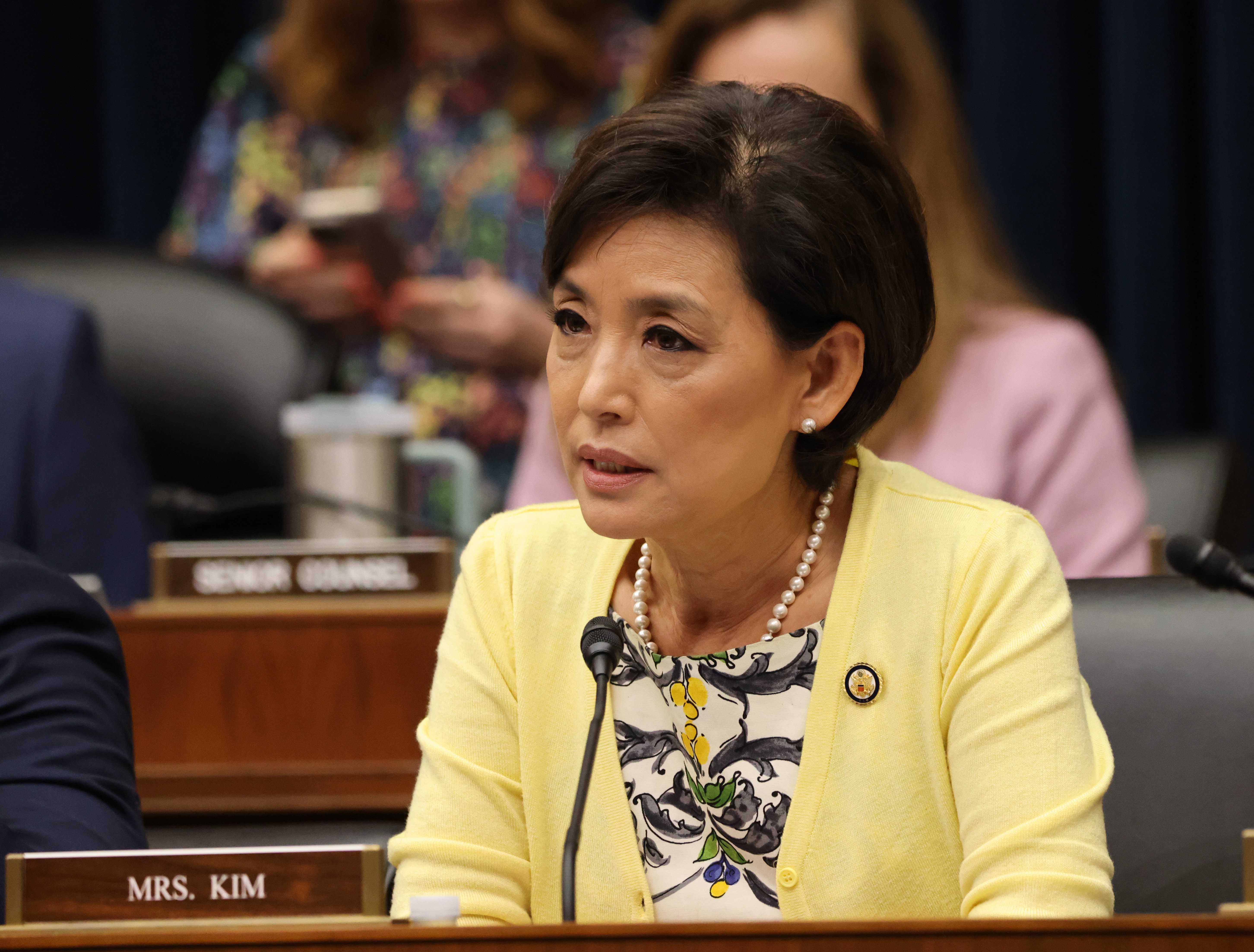Hong Kong media mogul Jimmy Lai will on Monday appear in court for a long-awaited trial that is emblematic of Beijing’s efforts to silence critics after the pro-democracy protests of 2019.
Lai, the 76-year-old former publisher of the once-popular but now closed newspaper Apple Daily, has been imprisoned for more than three years.His trial will be held under the sweeping national security law that Beijing imposed in 2020 and effectively criminalizes dissent in the city.
China has used the threat of punishment under the draconian law to further cement its grip on Hong Kong, including by muzzling media outlets over vaguely defined crimes such as “inciting subversion” and “collusion.”
So far, every person tried under the new law has been convicted. Even among his most fervent supporters, there is little hope that Lai’s case will be any different. He could spend the rest of his life behind bars.
Here’s what to know about the highly anticipated trial.
Who is Jimmy Lai?
Lai’s rags-to-riches story is the stuff of legend in Hong Kong: He arrived from Chinaas a child stowaway on a Chinese fishing boat, worked in a factory, then became a multimillionaire businessman. He made his fortune during years when Hong Kong served as a crucial bridge between China’s growing economy and the wider world.
After Beijing’s crackdown on pro-democracy protesters in Tiananmen Square in 1989, Lai turned his attention to media and founded Next Digital, which published Apple Daily for nearly three decades.
Lai devoted his fortune to backing the pro-democracy movement and became one of its most globally recognizable figures — and one of the Chinese Communist Party’s most outspoken critics.
“There was nothing quite like Apple Daily in Hong Kong for all those years,” said Thomas Kellogg, executive director of the Center for Asian Law at Georgetown University. It was known for its raucous political coverage and gossip pages.
“It was like if the New York Post had a strong pro-democracy message and was also willing to take on powerful voices,” Kellogg said.
What happened to Apple Daily?
Apple Daily was distinguished among other Chinese-language outlets for its support for Hong Kong’s pro-democracy movement, including the protests known as the “umbrella movement” that swept the city in 2014.
Beijing imposed the national security law after millions of Hong Kongers took to the streets in a wave of protests in 2019 and 2020, putting Lai, with his track record of criticism of the Chinese Communist Party, squarely in its crosshairs.
Lai was among the first people arrested under the new law. Police paraded him handcuffed through the Apple Daily newsroom. Within a year, its assets frozen and top editors detained, the publication shut down. Other independent Hong Kong media outlets such as Stand News were also soon targeted.
“What they’re doing to my dad and what they’re doing to all the other journalists is very deliberate to tell every single person in Hong Kong: We won’t tell you where the line is, but if you even get close to it, the same thing will happen to you,” said Sebastien Lai, Jimmy Lai’s 29-year-old son.
Victoria Tin-bor Hui, a professor of political science at University of Notre Dame, agreed the authorities were making an example of Lai. “It would not be an overstatement to say that the national security law was made for Jimmy,” she said.
What is Lai charged with?
Lai has been charged under the national security law with colluding with foreign forces, which carries a maximum sentence of life in prison. Under a holdover law from the period when Hong Kong was a British colony that authorities have in recent years used to silence dissent, he also faces charges of sedition.
Lai has already been imprisoned for more than three years — much of it in solitary confinement — while awaiting this trial. In the meantime, he has been convicted on multiple other charges, including for allegedly flouting the terms of Apple Daily’s office lease and for publicly commemorating the Tiananmen Square protests.
“What Beijing is trying to do with Jimmy Lai is really set an example,” said Lokman Tsui, a research fellow at the University of Toronto’s Citizen Lab. “Here is this person who had the audacity to stand up to Beijing and criticize the government, backed by his own money — for Beijing, it was paramount that he be controlled.”
Hong Kong media publisher Jimmy Lai is charged under national security law
Controversy has stalked Lai’s national security trial, and it has been delayed multiple times. He has been denied bail while he waits.
Tim Owen, a British lawyer specializing in criminal law and human rights, was barred from representing Lai on the grounds that foreign lawyers should not be able to argue a national security case.
The procedural difficulties and delays have been interpreted as signs that the Hong Kong judges are taking their direction from Beijing.
“To call it a trial is really a farce,” Tsui said. “This is part of a worldwide trend toward authoritarianism — Beijing has been leading that development, and this case in Hong Kong is a really clear example.”
What is at stake in the trial?
Lai’s treatment has served as a stark indicator of the Hong Kong government’s outlook on free expression under the national security law. Rights groups say Lai’s trajectory parallels that of Hong Kong itself — and points to just how much the freedoms that previously distinguished the city from China have been eroded.
Hong Kong sentences democracy activists to prison over peaceful protest
Under the “one country, two systems” arrangement Beijing made when it gained control of the former British colony in 1997, Hong Kong citizens’ rights and freedoms were meant to be protected for the next 50 years. The city was known for its democratic politics, vibrant civil society and freewheeling media.
“Those were the things that defined Hong Kong, and to see all those things instead used to persecute Lai deepens the distrust and hostility many people in Hong Kong have toward the Chinese government,” said Maya Wang, associate director of the Asia division at Human Rights Watch.
“Lai’s trial really represents a failure on Beijing’s part,” she said. “People welcomed the handover, but all that goodwill was squandered.”
Hong Kong’s reputation for strongrule of law made the city into a hub for international companies with business in China through the 1990s and into the 2000s.
But the ambiguity of the national security law, and the fact that it has been applied to activities that predated it, have made Hong Kong a less predictable business environment. “This is really creating an ongoing public relations and reputational difficulty for Hong Kong,” said Kellogg at Georgetown.
Has the United States taken a position?
A bipartisan group of lawmakers last month proposed sanctioning 49 Hong Kong officials, judges and lawyers involved in persecuting pro-democracy activists under the national security law. The officials included the secretary of justice and the chief of police.
“The national security law imposed by the People’s Republic of China in 2020 delivered a body blow to human rights and democracy in Hong Kong,” said Rep. Jim McGovern (D-Mass.) in a statement about the proposed bill.
As Hong Kong stood up for democracy, a neighborhood was brutalized
In 2020, the Trump administration ended Hong Kong’s preferential trade status just weeks after the national security law took effect, pledging to treat the city the same as China. It also sanctioned officials in Beijing and Hong Kong it said were responsible for oppression in the city, including Chief Executive John Lee.
Lai’s case is just the latest example of the effort, said Rep. Young Kim (R-Calif.) in the same statement.




